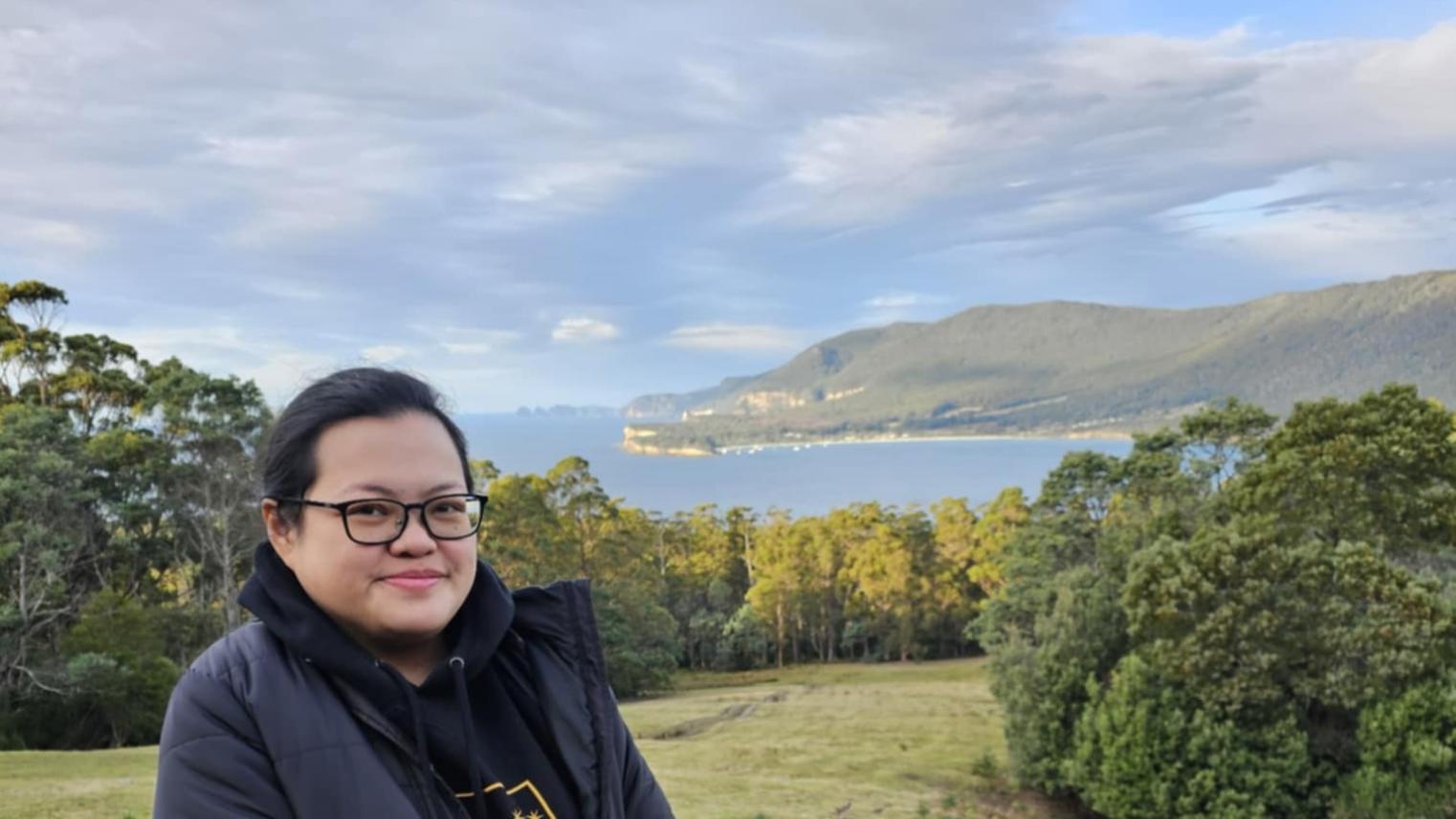Faysah Abdullah: How the ASEAN program is helping her gain a deeper understanding of the different dimensions of security challenges

Faysah Abdullah is in her final semester of our Master of Strategic Studies program.
________________
Explain the degree you are currently enrolled in and your year of graduation.
I am currently on my final semester as a student under the Master of Strategic Studies program. My degree focuses on how strategy serves as a link between political ends and military means to enable states to pursue favorable outcomes and impede unfavorable ones within their strategic environment, as well as examining regional and global issues that are of interest to states. The program helps me gain a deeper understanding of the different dimensions of security challenges and examine state choices. I am expected to graduate after the first semester of 2025.
How did you come to be enrolled as an ASEAN student? What attracted you to the course?
I work for the Philippine defense sector, which regularly receives an invitation to send nominations to the ASEAN-Australian Defence Postgraduate Scholarship Program (AADPSP). The said program offers a scholarship for defense personnel from ASEAN Member States and Australia to pursue a Master of Strategic Studies degree at the Australian National University (ANU). With the encouragement of my supervisor, I applied for professional development and to complement my academic pursuits. After getting my Bachelor of Arts in Political Science and having undertaken coursework for a Master of International Studies degree as well as working on international defense affairs throughout my career, I wanted to pursue a degree that has a distinct focus but one that is still complementary to international relations. At the same time, I believe that a postgraduate degree on strategic studies would allow me to broaden my knowledge and develop expertise for a career in the defense sector.
What has been your favourite part of studying your degree so far?
Aside from being able to study full-time, my favorite part of the program is how it combines theory, concepts, and practical applications as part of the learning experience. These provide me with the necessary foundation for a more comprehensive understanding of defense and strategic issues to include those that I have previously not encountered or considered. At the same time, class discussions generate several insights from Australia and the rest of the world, particularly the Asia-Pacific region. It also serves as an opportunity to share relevant experiences and perspectives from back home. Finally, it is such a privilege to attend a university where several prominent scholars in my field are from. I still remember reading The Anarchical Society during my undergraduate studies, so the first time I stepped into the Hedley Bull Building was a surreal experience.
Is there anything you are particularly looking forward to in 2025?
While I will miss the life I have grown accustomed to in Canberra, I am very much looking forward to going home and applying everything I learned at my home organization. My time at ANU and Canberra provided me with a number of ideas on examining security issues and fostering international defense cooperation. I am working on consolidating a report with recommendations for the consideration of my superiors and ideas for further discussion with my colleagues. I am particularly excited to resume my work duties with the new perspectives I gained.
What do you enjoy about being in Canberra?
Being a full-time international student provides me with unprecedented flexibility to manage my time and study topics of interest including but not limited to those covered by my courses. Previously, all my research and written outputs at work are based on meeting agenda and other predetermined topics within my line of work. While my assessments are based on essay questions set by the course convener, I have more freedom to refine the topics of my research and determine my arguments based on my personal research interests and beliefs.
Furthermore, living in Canberra as an international student allows me to pursue personal interests that I previously did not have time for. Canberra offers a wide array of museums, galleries, parks, and theaters. I have enjoyed learning more about Australia, among other things, through these institutions. Relatedly, given how conducive Canberra is for pedestrians and the efficient public transportation system, I can take this time to go to such places while taking a break from the responsibilities of being a car owner. Lastly, compared to other international cities,
Canberra offers a wide variety of food choices for those with Asian dietary preferences.
What do you want to do when you finish your degree?
In addition to going home, I want to pursue initiatives that would enhance international defense and security engagements. I have been working on bilateral, minilateral, and multilateral defense cooperation since I joined the Philippine defense establishment. Building from this experience and my knowledge from my undergraduate degree, I hope to use what I learned from my Master’s degree to be able to diagnose problems, understand strategic issues, and design more effective modalities for defense cooperation to be able to contribute to my organization’s endeavors. I also want to resume my previous plans to pursue law studies and a doctorate for further specialization.
Find out more about studying a Master of Strategic Studies at ANU here.